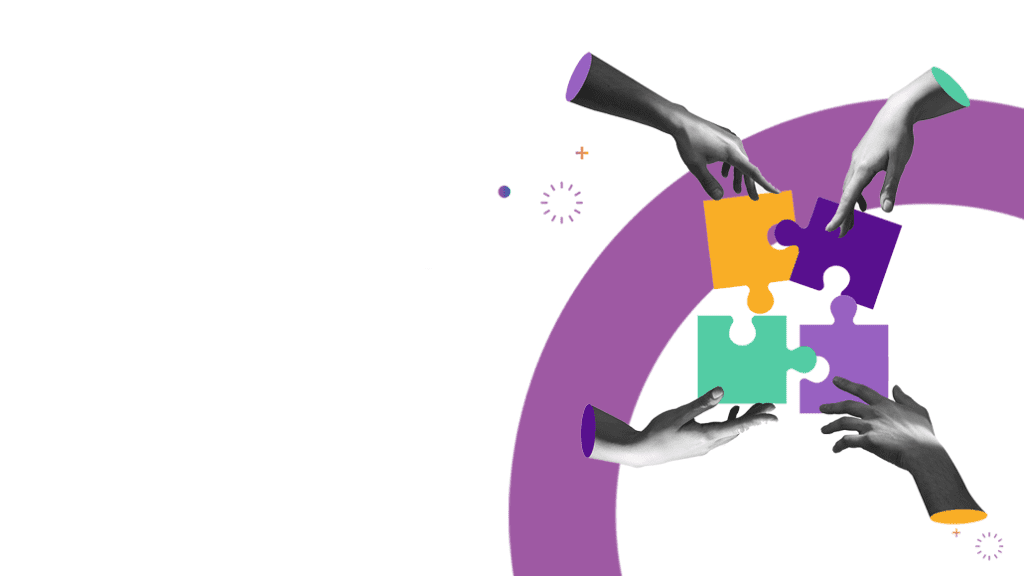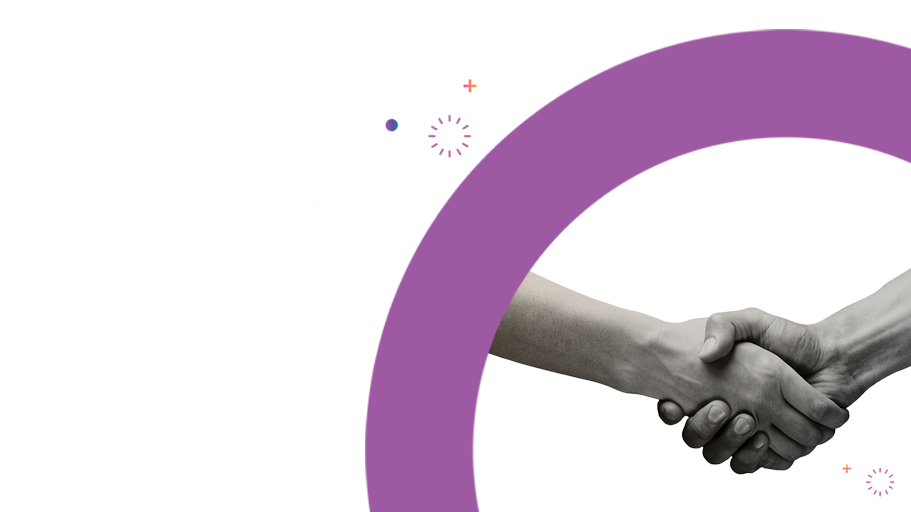Equality, diversity and inclusion
Help employees feel connected to their colleagues and the organisation
Improve employee relations, team culture, and productivity
We offer a selection of interactive equality, diversity and inclusion training courses designed to highlight the importance of diversity and inclusion issues in the workplace and give practical tips and advice on how to comply with legislation. We also provide training with a specific focus on reducing unconscious bias and microaggressions in the workplace.
Our training is designed to create meaningful change, rather than simply be a ‘box ticking’ exercise.
In-person
Live-online
Digital
Blended
Diversity and inclusion options ...
Select a training course for more information.
Unconscious bias
Unconscious bias training that not only seeks to raise awareness, but also helps delegates understand their own biases and provides strategies for minimising their impact. The focus of the training can be on biases generally, or take a specific focus about specific areas eg social class, gender, ethnicity, sexual orientation etc.
- Defining unconscious bias
- Recognising the science behind unconscious bias
- Identifying personal and business reasons to tackle unconscious bias
- Understanding organisational and individual biases and assessing their impact
- Identifying strategies to minimise the impact of biases on key business and people functions
- Creating personal strategies to minimise the impact of our own biases
Overcoming adversity (managers)
This training will highlight what microaggressions look like, why they are harmful and provide practical tips and guidance on the types of words and actions that could be perceived as microaggressions, and how to avoid them.
- A definition of microaggression and understanding its origins.
- Who tends to experience microaggression?
- How might we experience microaggression – the different forms it can take.
- Understanding the difference between micro insults, micro assaults and micro invalidations.
- What options do we have for responding when experiencing a microaggression in a way that ensures learning and maintains relationships?
- Tips and advice to minimise microaggressions to ensure full inclusion and good working relationships.
Overcoming adversity (employees)
Our highly interactive and participative half day workshop explores how different genders often behave and communicate. We do not say that all women or all men behave in a particular way, as the world is full of individuals, but there are differences across male and female populations that, if understood, can lead to improved employee engagement, job satisfaction and achievement of D&I goals.
- Defining Gender Intelligence
- Looking at the science
- So ... is it nature or nurture?
- Exploring the nature and nurture that makes men and women different
- Valuing and exploiting our differences
- The mistakes men often make with women and the mistakes women often make with men
- Tips and tools for leaders, managers and supervisors
- Creating personal strategies to get the best out of ourselves and our colleagues
Employees will learn how to:
- Recognise and benefit from inner strengths.
- Identify why they are struggling.
- Develop skill sets to boost confidence in the face of adversity.
- Tips and techniques on managing personal stress.
Diversity and inclusion
- Understanding the organisation’s approach to diversity and inclusion
- Overview of discrimination law in the UK – what is required and how managers can best protect both their staff and organisation
- Understanding bullying and harassment – and raising awareness of when banter goes beyond a joke
- Dealing effectively and appropriately with complaints or concerns from staff
- Understanding and raising awareness of the concept of unconscious bias
Respect in the workplace
Our Respect in the Workplace course strips right back to the fundamentals of ED&I training; how to understand others and how to begin to demonstrate respect.
Module 1 - Respect
- What do we understand by the word ‘Respect’?
- It’s all about education and continual improvement, no place for blame
- How disrespect can affect relationships
- The biases that can come out through information overload and our own pre-programming
Module 2 - Respect in the context of the law and expectations
- A brief overview of the Equality Act and our 9 legally protected characteristics
- What different generations want and expect, exploring boundaries
- Banter v bullying – so we all understand where the line is drawn
Module 3 - Understanding People
-
- Understanding the interactions between people and how we can easily offend or create conflict
- Developing the knowledge to diffuse situations using the drama triangle and transactional analysis
- Speaking out, listening in, and supporting if someone has been offended

Unconscious bias

Microaggressions

Gender intelligence

Diversity and inclusion

Respect in the workplace
Why choose Jaluch?
We have over 20 years’ experience in providing unique, bespoke and trusted training. We pride ourselves on having great trainers and combine this with highly relevant material and methods of delivery that are all designed to suit your individual business needs. We always make sure delegates understand how our training translates into the workplace and how it aligns to your business goals.
Inclusive and accessible
Ensuring all learning styles are catered for to provide an equal opportunity for learning for everyone.
Interactive and engaging
Our style of delivery is always lively and engaging with maximum interaction and minimum lecture.
Impactful and memorable
Highly relevant material and methods of delivery that are designed inspire so learning is truly embedded.
Get started ...
If you’d like to book one of our diversity and inclusion courses, or have any questions, send us a message and one of the team will get back to you. We’re here to help and we’d love to hear from you!
At a glance
- Engaging, interactive training led by an experienced trainer.
- Face-to-face, live-online, digital, or blended learning.
- Choose from 1-hour to 6-hour workshops.
Who should attend?
Courses available for all staff, and for managers, team leaders and employers providing the know-how to support their people. Or courses for all employees to help them better understand diversity and inclusion.
